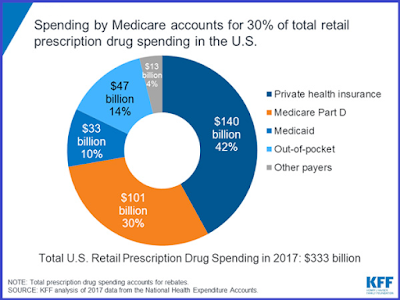Investigators noted that not enough is known about the effects of caps on patient costs, and they sought to remedy this deficit via their study. They noted that specialty drugs such as antiviral agents for hepatitis C and biologic agents for multiple sclerosis or rheumatoid arthritis are highly effective but spending for these agents is disproportionate to that for other drugs.
By the Numbers
“Over the past decade, health-plan spending for such treatments increased from an estimated 26% of total drug spending to 49%, while the treatments remained below 2.5% of total prescriptions dispensed,” they wrote.
Meanwhile, the use of high cost-sharing drug tiers among employer sponsored health plans has risen from 11% to 51%, with a simultaneous increase in the disparity in OOP spending between specialty drug users and nonspecialtiy drug users, “becoming 3 times as large as that in an earlier 10-year period,” the authors wrote.
In just the past 2 years, at least 21 states and the federal government have introduced legislation to control OOP patient costs for prescription drugs, and 11 states have introduced laws targeting specialty drug spending. Of the latter group, Delaware, Louisiana, and Maryland passed legislation and imposed caps on OOP for commercial health plans at $150 per 30-day supply of specialty medication, the authors wrote.
